Publications

Infographic – The ATT, arms trade to Saudi-Arabia and violence in Yemen
-
| February 8, 2019
The ongoing war in Yemen has transformed into a humanitarian catastrophe of unknown magnitude. Civilian casualties, estimated in the millions, continue to rise as do the number facing severe famine. Saudi Arabia and other parties to the Yemeni conflict stand accused of repeatedly violating international humanitarian law. In spite of these allegations, countries continue to export weapons and milit
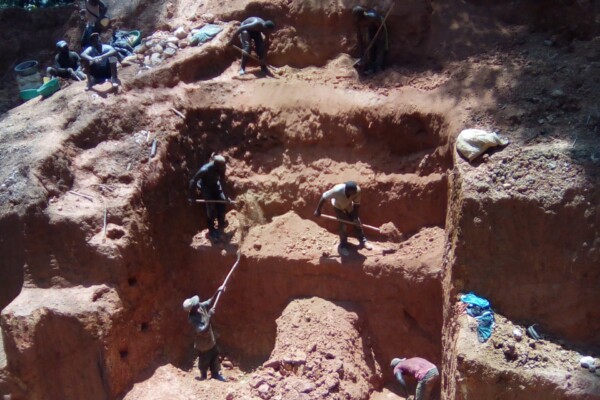
Annual Report 2017
- IPIS | August 21, 2018
In its 2017 annual report, IPIS gives an overview of its research projects and activities. It covers the four research programmes that IPIS focusses on: natural resources, arms trade, conflict mapping and business and human rights. IPIS explains among others its mapping work of artisanal mining sites in the Democratic Republic of Congo, its work on Human Rights in mining in Northwest Tanzania an
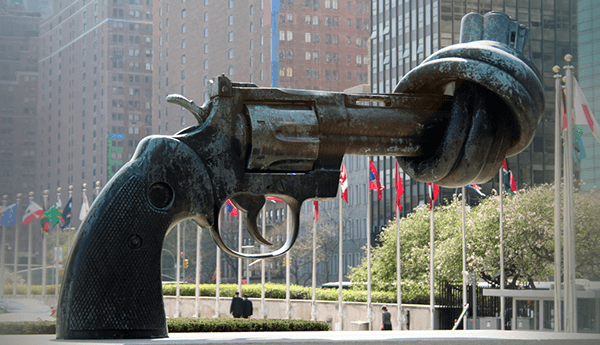
E-learning: The Arms Trade Treaty
- Brian Wood, Markus Fahlbusch, Peter Danssaert | September 7, 2017
In June 2017, IPIS launched its e-learning digital education package to support the early ratification and effective implementation of the Arms Trade Treaty. The Arms Trade Treaty (ATT) was adopted by the UNGA on 2 April 2013 and entered into force on 24 December 2014. There are currently 92 States Parties and 130 Signatories. Implementation of the Treaty is the responsibility of States Parties,
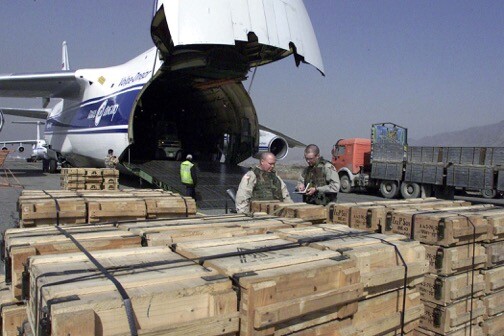
Surplus and Illegal Small Arms, Light Weapons and their Ammunition: the consequences of failing to dispose and safely destroy them
- Brian Wood, Peter Danssaert | August 11, 2017
This joint report by IANSA and IPIS documents recent failures in some countries across world regions to properly dispose of and destroy excess small arms and light weapons (SALW), and their ammunition. It illustrates the different ways that excessive, poorly secured, weapons, especially firearms and ammunition, leak out into the hands of abusers and to those unauthorised to trade and use them, and
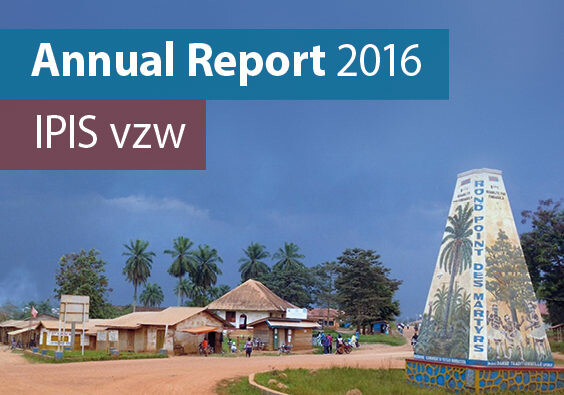
Annual report 2016
- IPIS | June 23, 2017
In its 2016 annual report, IPIS gives an overview of its research projects and activities. It covers the four research programmes that IPIS focusses on: natural resources, arms trade, conflict mapping and business and human rights. In 2016, IPIS continued to be a rally point for hard to get data on natural resources, often visualised in maps. Our flagship map for 2016 is the interactive map of art
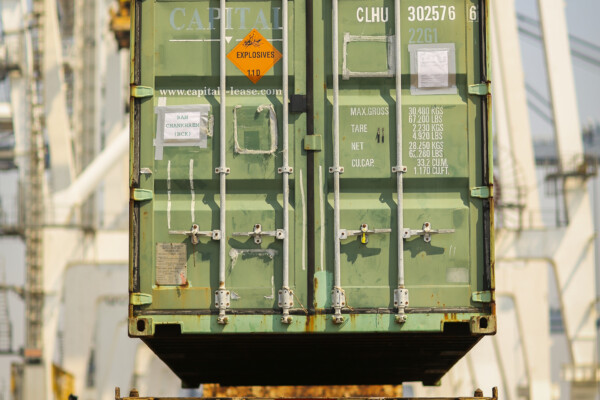
Optimalisatie van het wapenhandeldecreet en wapenhandelbesluit: advies van IPIS en Amnesty International Vlaanderen
- IPIS | June 22, 2017
In maart 2012 publiceerden Amnesty International Vlaanderen en IPIS een nota met analyse en aanbevelingen bij het ontwerp van decreet “betreffende de in-, uit-, doorvoer en overbrenging van defensiegerelateerde producten, ander voor militair gebruik dienstig materiaal, ordehandhavingsmateriaal, civiele vuurwapens, onderdelen en munitie”. Het uiteindelijke ‘Wapenhandeldecreet’ van 30 juni 2012 schi
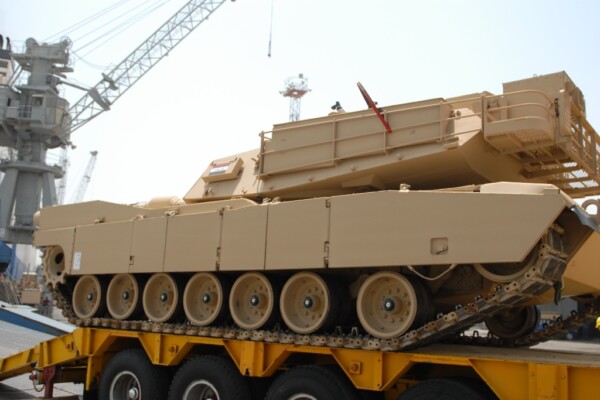
Fatal Freight: Ships, Guns and Human Rights Abuses
- Peter Danssaert, Sergio Finardi | June 12, 2017
TransArms and IPIS undertook a thorough research of the responsibilities of states and companies involved in the transfer of military equipment by sea under customary international law. The maritime transport is by far the main modality for the transfers of military equipment and commodities. The report considers cases of irresponsible shipments of arms and military commodities to countries with
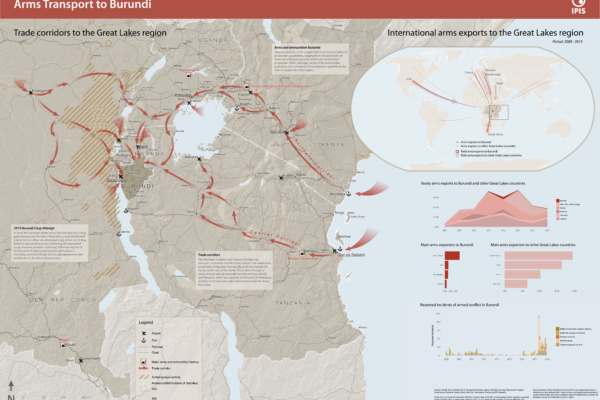
Arms Trade Corridors to Burundi
- IPIS | May 5, 2017
Burundi has seen a period of unrest following the failed coup d’état by a Burundian general in May 2015. In order to better understand the situation, IPIS drafted a new map entitled ‘Arms transport to Burundi’, which puts the 2015 unrest in the geographical perspective of the Great Lakes region and in the relevant timeframe covering 2008 to 2015. The map highlights two important factors in the rec
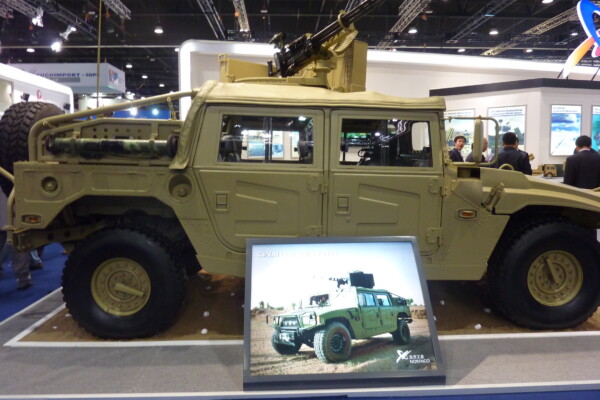
China North Industries Corporation Working paper 2
The International Peace Information Service (IPIS) and the Omega Research Foundation (Omega) have undertaken a comprehensive review of one of China’s largest state-owned companies. Norinco – known formally as China North Industries Group (CNGC) was established in 1999 and it consists of at least 46 member units which then have several subordinate companies, joint ventures and associate companies.

Hotel Hercules
- Don Rogers | February 3, 2017
Hotel Hercules is the fruit of an encounter and exchange between Sergio Finardi, defence logistics expert and Don Rogers, a flight engineer who operated on aircrafts servicing CIA operations in support of UNITA between 1986 and 1988. Don Rogers shared memories of his flights to UNITA headquarters as a member of secret CIA missions to supply Savimbi’s army from DRC, as well as the humanitarian flig

Annual Report 2015
- IPIS | August 31, 2016
Download pdf or open with issuu reader http://issuu.com/ipisresearch/docs/2016_10_10_ipis_jaarverslag_2015_20
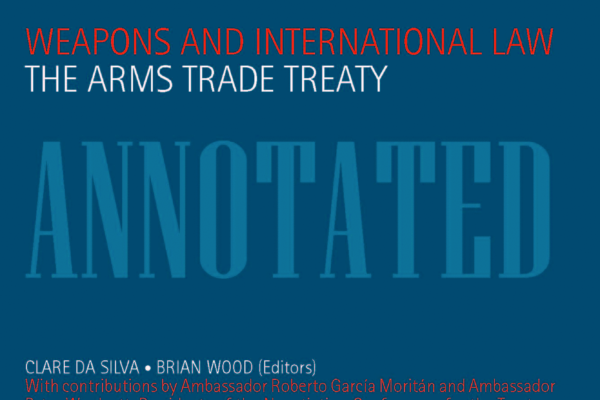
Weapons and International Law: the Arms Trade Treaty
- Brian Wood, Fiona Southward, Peter Danssaert | August 19, 2015
IPIS is pleased to announce its contribution to a new book on the Arms Trade Treaty published by Larcier. Weapons and International law: The Arms Trade Treaty gives a thorough legal and practical analysis of this important new legal instrument to regulate the global trade of the most commonly-used conventional arms. Amongst our IPIS personnel, Brian Wood has co-edited the book, co-authored the key
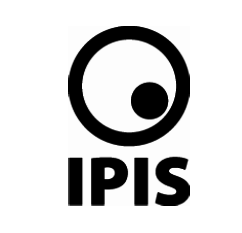
Informal Expert Group Meeting, United Nations Institute for Disarmament Research (UNIDIR), Vienna, 22–23 April 2015
- Brian Wood, Peter Danssaert | April 25, 2015
Between 22–23 April 2015 IPIS was invited to participate in a two-day informal expert group meeting for UNIDIR’s project “Examining Options and Models for Harmonization of End Use/r Control Systems” (http://www.unidir.org/programmes/process-and-practice/examining-models-for-harmonization-of-end-use-r-control-systems). The objective of the informal expert meeting was to review common positions on p

IPIS Insights: The Arms Trade Treaty. Prospects and Challenges as it “enters into force”
- Brian Wood | December 23, 2014
The entry into force of the Arms Trade Treaty (ATT) on 24 December 2014 is seen as a sign of hope that irresponsible transfers of conventional arms will at last begin to be eradicated. Declarations of commitment by states around the world to implement the ATT have snowballed over the past year since the UN General Assembly voted decisively on 2 April 2013 to adopt the treaty. In this IPIS Insight,
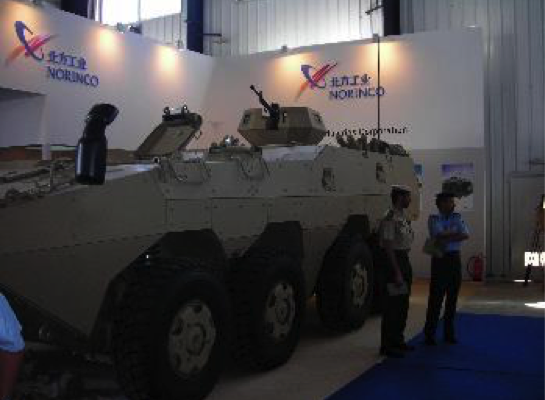
Working paper on China North Industries Group Corporation
- IPIS | October 14, 2014
The International Peace Information Service (IPIS) and the Omega Research Foundation (Omega) have undertaken a comprehensive review of one of China’s largest state-owned companies. Norinco – known formally as China North Industries Group Corporation (CNGC) was established in 1999 and consists of at least 46 member units which then have several subordinate companies, joint ventures and associate co
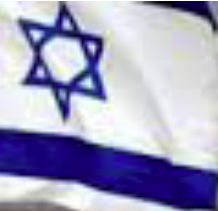
Carburante Usa ai jet israeliani
- Peter Danssaert, Sergio Finardi | August 4, 2014
Download in pdf or open with issuu reader. http://issuu.com/ipisresearch/docs/carburante_usa_ai_jet_israeliani
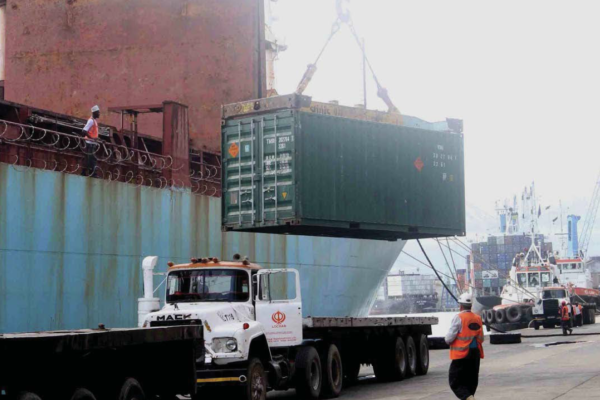
Supply Chains and Transport Corridors in East Africa
- Anna Bulzomi, Ken Matthysen, Peter Danssaert, Sergio Finardi | June 1, 2014
Transport infrastructure plays a key role in boosting a country or region’s economic development. IPIS and TransArms have ascertained on several occasions that the underdevelopment or degeneration of transport infrastructure is a problematic issue across a number of African countries and regions. This report analyses the current logistics situation in Eastern Africa, and the logistic challenges fa

IPIS Insights: Pentagon Accidentally Arms Al Qaeda Affiliate
- Brian Johnson-Thomas, Peter Danssaert | February 20, 2014
A confidential report to the UN Security Council last week revealed that some of the weapons and ammunition supplied to the Somali Transitional Federal Government (TFG) forces appears to have been diverted to the Al Qaeda affiliate known as Al Shabaab. It seems clear that at least some of the weapons and ammunition so diverted were paid for by the US Government directly – through cash deliveries –
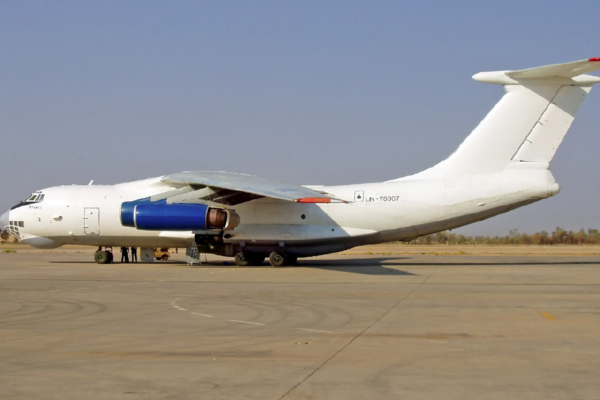
Ambushed in Bangkok? The U.N. Panel on North Korea and the case of the IL-76 “4L-AWA”
- Brian Johnson-Thomas, Peter Danssaert, Sergio Finardi | November 19, 2013
This new IPIS/Transarms report explains why the conclusion of the latest United Nations report on North Korea sanctions about an arms flight grounded in Thailand is not supported by facts, but based on a misalliance of wrong and misleading information gleaned both about the cargo aircraft. its flight and the entities involved, together with erroneous interpretations of standard aviation practices
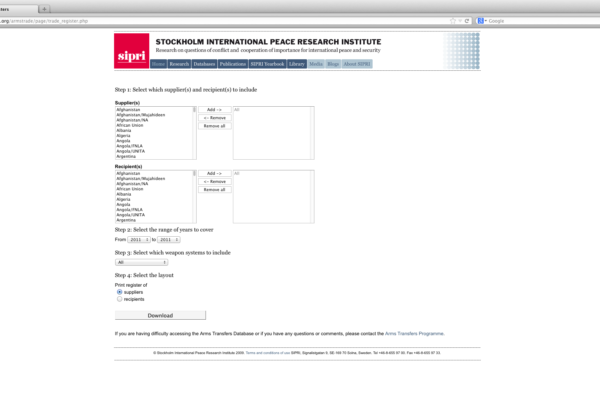
Online public databases for Arms Trade Research
- IPIS | August 29, 2013
In recent years IPIS has published several publications in collaboration with local African organisations. Such cooperation has allowed us to share know-how from over 30 years of research experience while benefitting from our partners’ networks and understanding of local issues. Although IPIS’ research assignments are often limited to a few months, we are increasingly trying to improve our working

